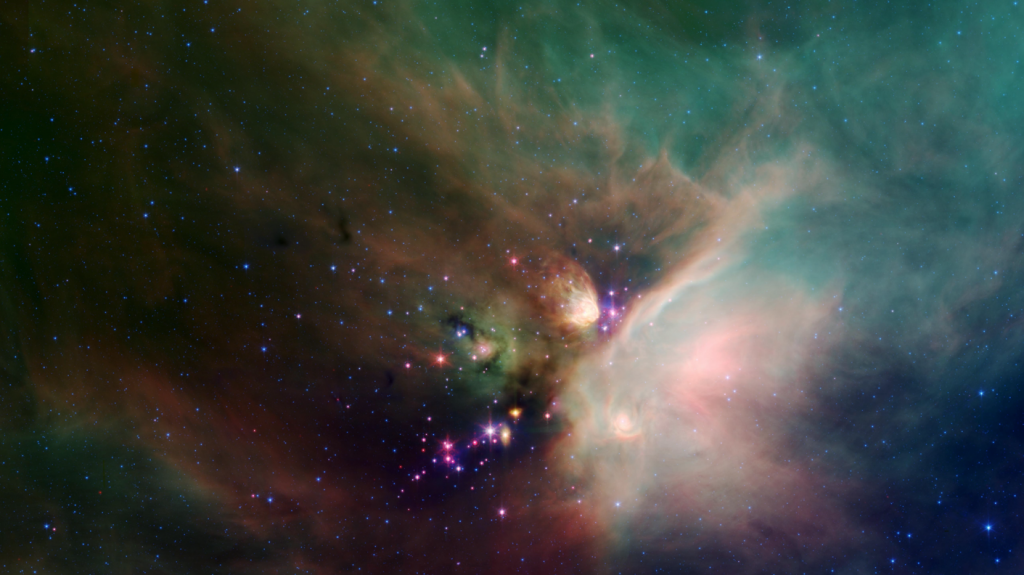
What is the difference between an atheist and an agnostic? This is the second of a series of short posts about whether gods exist and why the question is an important one.
Many people think that theists believe in a god, and atheists believe there are no gods, and agnostics are somewhere in the middle: they don’t know.
But that is not how these ideas relate to each other. Theism and atheism are about belief, while agnosticism is about knowledge.
As one issue, theism and atheism are about what you believe. If you believe there is a god, then you are a theist. If you believe there are no gods, then you are an atheist.
As a different issue, agnosticism is about what you claim to be able to know. If you believe something, but you do not claim to be able to know for certain, then you are agnostic about that issue.
If somebody asks you whether you believe that a god exists, and you answer ‘I don’t know,’ then you are answering a different question that you were asked.
It may well be true that you don’t know whether a god exists, but you were being asked whether or not you believe that a god exists.
For example, I strongly believe there are no gods, and almost certainly no personal gods, based on applying reason to the best available evidence. So I am a strong atheist.
I also don’t claim to be able to know that there are no gods, because I am a fallible human being and there might be new evidence that I am currently unaware of. So I am also an agnostic.
However, I describe myself as an atheist because it more accurately gets across what I mean. If I said I am an agnostic, some people might mistakenly think that I am 50:50 on whether a god exists.
Like this article? It is one of a series on this topic.
Click here to read the other articles in this series.
Good article Michael. The ‘belief’ : ‘know’ ratio point is particularly pertinent.
In Ireland, as the place I know the best, I have a theory that most believers are in fact “pretend believers” and I include priests and clergy in this too. There is no way that people can live and learn, and then accept these teachings as being reason. I am not quoting evidence here other than my own experience as an erstwhile Catholic for years until I did some reading and confirmed what I knew but couldn’t articulate.
My earliest awareness of the big lie was consecration of communion, the nun promised me body and blood, but I got wafer! Change was predicted emphatically, but there was none. So theoretically every believer and everyone else is agnostic. It’s really about what people choose to define themselves as.
The lie is upheld by enormous history, art, architecture, literature, music, and intertwined in regional and national culture. The lie for most people is too big for the truth to topple. People don’t have the wherewithal to extrapolate themselves and cut ties without cutting ties with community. I could go on. 🙂 Most people don’t even know these definitions, so thanks for clarifying.
Thanks, Kevin. I think a lot of people conflate the two without thinking about it.
Patrick, what you suggest would be consistent with the census results. Thye consistently show considerably more people saying that they are Catholic than actually practice Catholicism using any measure of practice.
I am very pleased to read of the differences between the different beliefs, and what title one gives to which belief.
Your articles are very informative, and a pleasure to read.
However, I am not convinced that attaching a label to one’s beliefs is necessarily a good thing.
We have an example of how that can go wrong on our own doorstep, where one group of people have declared their religious belief and a different group have had difficulty with this and consequently there is conflict between the groups.
Thanks, Paul. Ideally we should not need such labels, but they can be helpful in communicating effectively, if we clarify what we mean by the label.